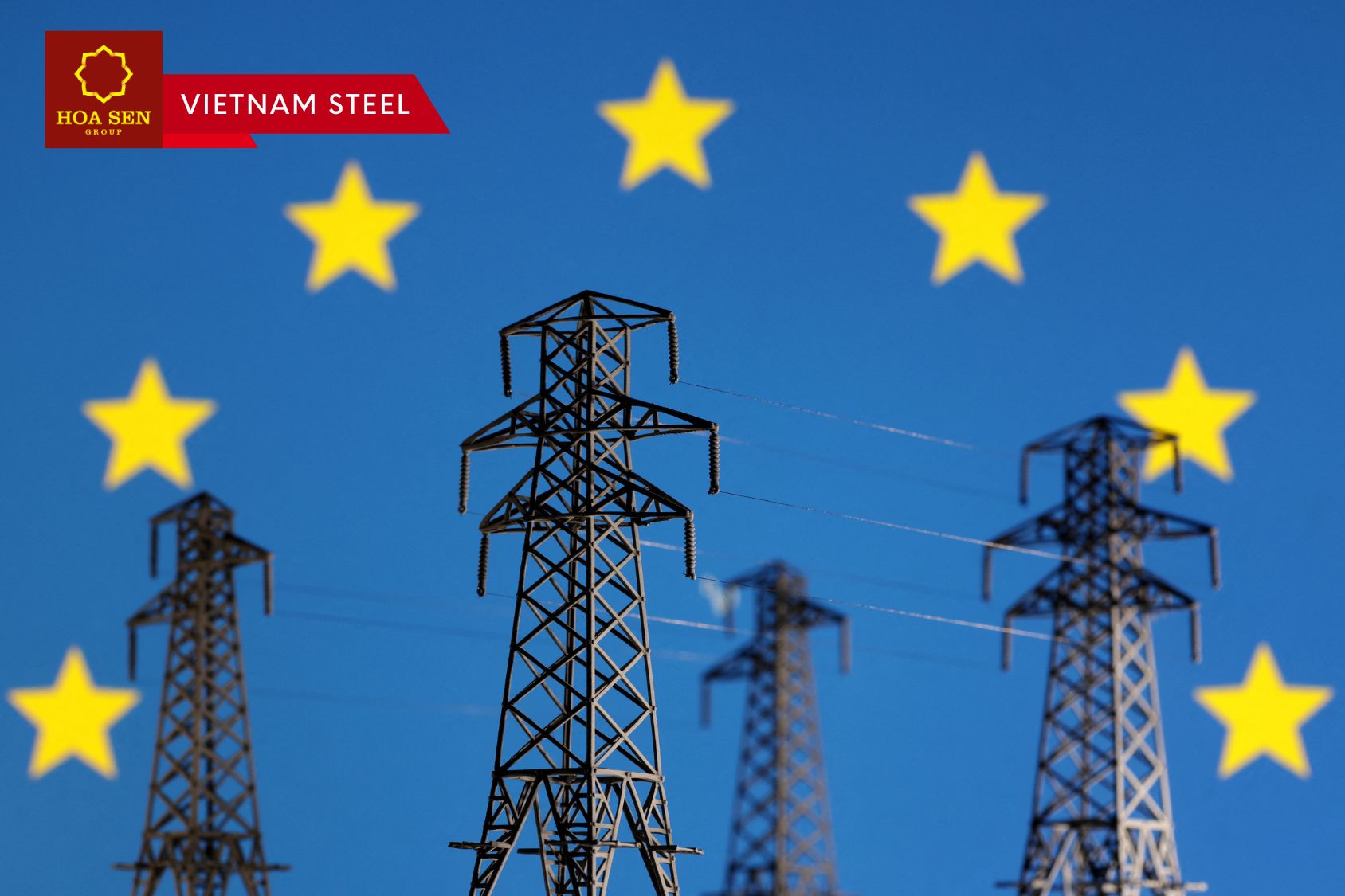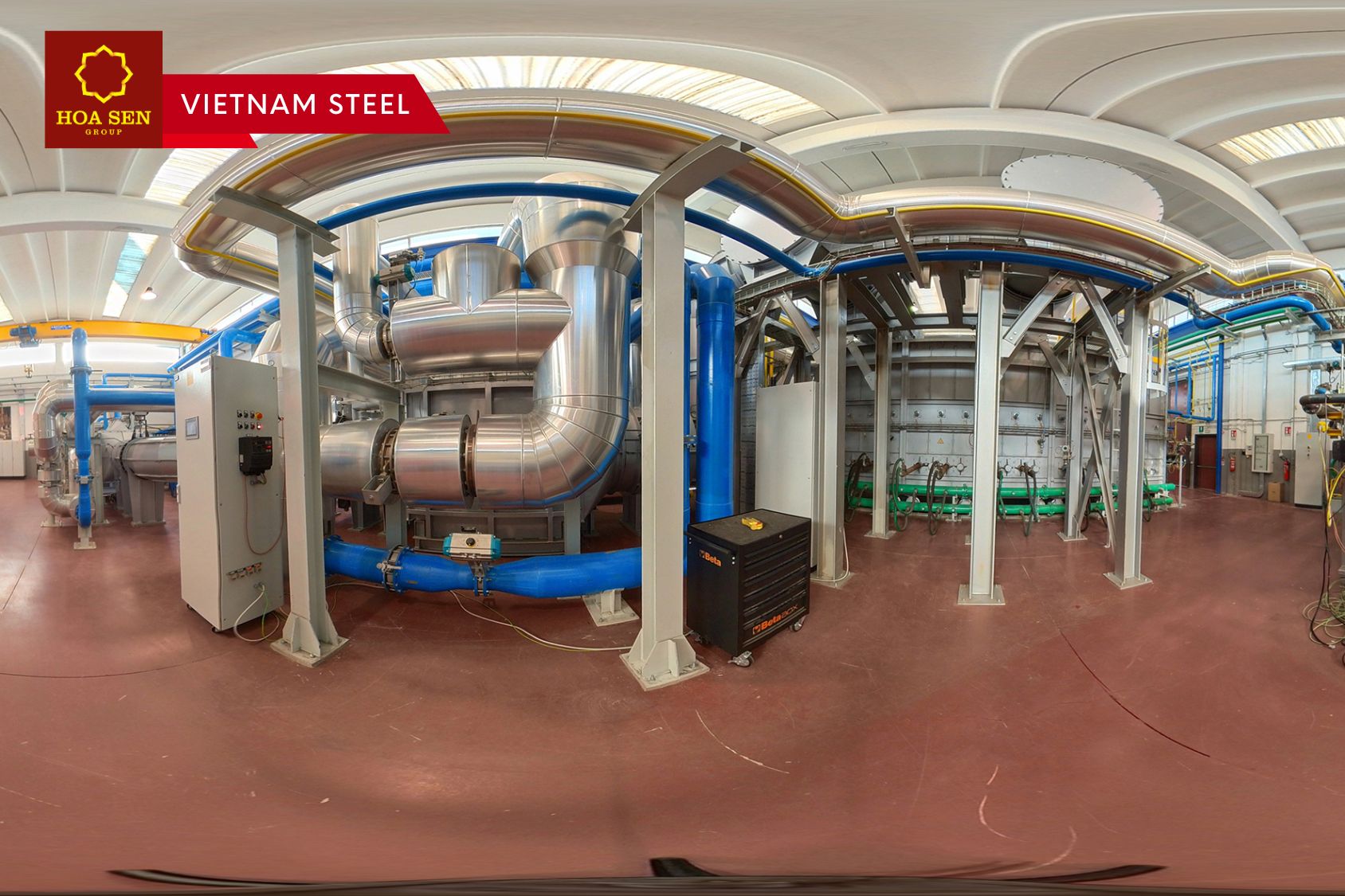Providing electricity at competitive prices will be crucial for preserving Europe's industrial base
The European Union will still have higher electricity prices than the United States and China, even under the best-case scenario of moving to zero emissions due to rising demand and the inherent disadvantages. It is reported by Bloomberg.
A study commissioned by the business association BusinessEurope showed that the cost of electricity production in the EU by 2050 will still be at least 50% higher than in these countries under the "managed scenario" , when climate goals will be achieved without any problems.
A "failed transition," if key policies slow after mid-century, could result in costs three times higher than those of these major rival countries.
According to Markus Bairer, CEO of BusinessEurope, this will put European companies at a very disadvantage, so urgent action is needed at the bloc level.
"Ensuring energy supply at competitive prices will be crucial to preserving Europe’s industrial base", he said.
The EU pays much more for energy carriers because of its dependence on imports – the situation has worsened due to the Russian invasion of Ukraine and a decrease in Russian gas supplies. This raises concerns that Washington and Beijing could undermine Europe’s position when it comes to providing energy for traditional industries, such as steel, or innovative clean technology sectors (wind power, batteries, etc.).
Reducing energy costs is one of the priorities for the leaders of the largest industrial companies in Europe. Politicians have made the competitiveness of renewable energy sources one of the cornerstones for the next European Commission, but companies note that they suffer from bureaucratic red tape.
One of the EU’s key instruments is the border carbon levy (CBAM). BusinessEurope believes that if this turns out to be ineffective in supporting the bloc’s industry, lawmakers should reconsider phasing out free carbon quotas for producers.
The Business Association also recommends strengthening the integration of renewable and low-carbon energy sources within the bloc, ensuring the security of the hydrogen value chain, simplifying the permitting process and promoting decarbonization through demand stimulation.
As reported earlier in April of this year, the CEO of BusinessEurope expressed the opinion that Europe is under pressure as an industrial and economic center. Among the reasons are high energy prices and the «regulatory tsunami» of numerous new directives from Brussels over the past few years.
Read more: Snam, Tenaris Dalmine and Tenova to test hydrogen-based steel production
Vietnam Steel by Hoa Sen Group

